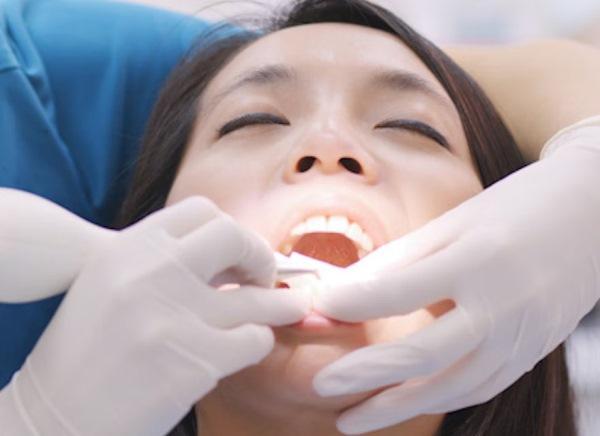Multi-enzyme lozenges can reduce plaque formation and slow the growth of bacteria in saliva, according to research, making them a valuable addition to conventional plaque removal methods.

The lozenge reduced the formation of new plaque within one day and slowed the growth of bacteria in plaque and saliva for seven days. However, after seven days, plaque scores were not affected, according to the authors.
“Lozenges may be an addition to regular mechanical plaque removal,” write the study authors, led by Dr. Sebastian Schlafer from Aarhus University (Denmark).
The study involved 24 healthy adults, who were divided equally into an active group and a placebo group. Participants consumed one lozenge three times a day for seven days, without performing any oral hygiene procedures.
To measure differences in new plaque burden at baseline and one and seven days after intervention, the modification of the Quigley-Hine Plaque Index (TM-QHPI) developed by Turesky was used. The development of gingivitis at seven days was assessed using the gingival index (GI). Plaque and saliva samples were collected at baseline and seven days later and analyzed using 16S rRNA gene sequencing.
After the first day of treatment, the mean TM-QHPI value was significantly lower in the active group compared with the placebo group compared with baseline (from day 0 to day 1: active group: -0.82; placebo: -0.09; 95% confidence interval (CI) -1.28 to -0.18; p = 0.012).
After seven days of treatment (days 1 to 8), mean TM-QHPI values did not differ significantly between groups (active, 2.36; placebo, 2.85; 95% CI, -1.58 to 0.61; p = 0.37).
Moreover, GI values remained stable compared to baseline, with no significant differences between groups (active, 0.061; placebo, 0.061; 95% CI, -0.63 to 0.39; p = 0.62). Plaque removal with toothbrushing ranged from 0% to 100% in the active group and from 20% to 83% in the placebo group, showing no significant difference.
However, this study had limitations, including a small sample size. The authors also added that further research is needed to determine the long-term effects.
In conclusion, Schlafer wrote that using a lozenge containing multiple enzymes reduced de novo plaque formation after one day in the absence of routine oral hygiene practices and slowed the increase in bacteria in plaque and saliva after seven days of use.
